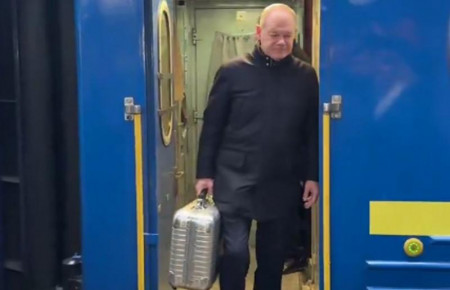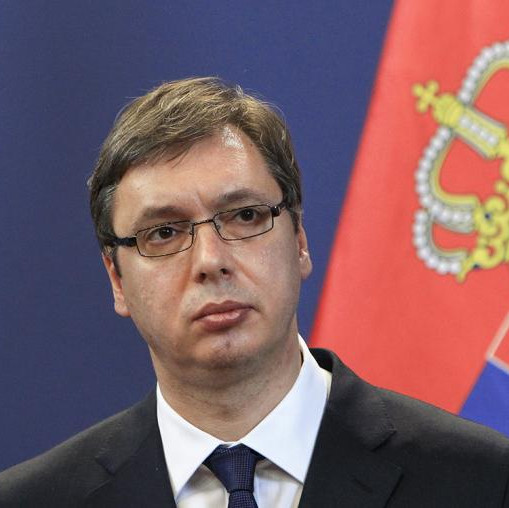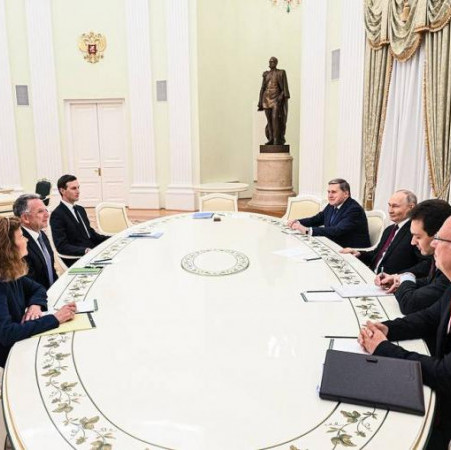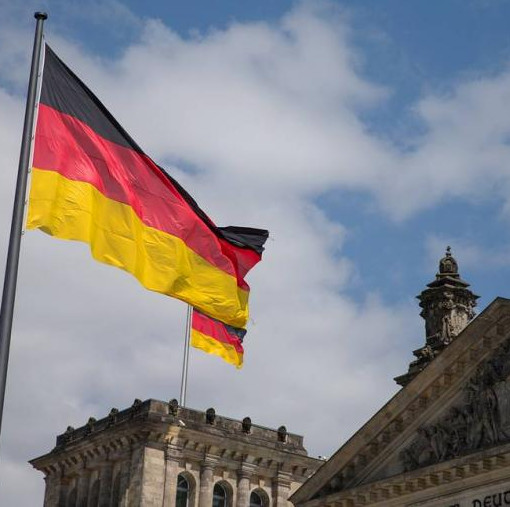
Chancellor Olaf Scholz is hurrying to raise popularity of his SPD party ahead of the Bundestag vote of confidence in his government set for December 16, which, without any doubt, will turn into one of no confidence. This will officially pave the way for an early parliamentary election in Germany to be held on February 23, 2025. Scholz is in a haste because the campaign has already gotten underway in the country, and the Social Democrats cannot decide whether they act as a "peace party" or one prioritizing comprehensive military support for Ukraine in its conflict with Russia.
That is why to most local observers, the German Chancellor’s first one-day visit to Kiev in two and a half years was unexpected and got lambasted because he supposedly "tried to get ahead of his key upcoming elections competitor, CDU leader Friedrich Merz, when the latter became known to be also going to visit Ukraine." Besides, an avalanche of pejorative assessments was caused by the Chancellor’s statements in Kiev, where he announced supplies of German weapons to the AFU in December this year worth 650 million euros.
"I would like to make it clear here on the ground that Germany will remain Ukraine’s strongest supporter in Europe," Scholz said, noting that his "visit was a sign of solidarity with a country that had defended itself heroically against the merciless Russian war of aggression for more than 1,000 days." With no less pathos, the Chancellor stressed that "Ukraine can rely on Germany – we say what we do. And we do what we say." Scholz’s sounding promises made in Kiev caused an extremely negative reaction across his own country’s political landscape overwhelmed by pre-election emotions. The current head of the Cabinet has been accused of lies, since his words about providing Ukraine with 650 million euros in weapons sound as if he referred to a brand new aid package, and this is not the case whatsoever.
A statement to that effect came, for one, from Sebastian Schäffer, a budget expert with the Bundestag’s Green Party. "This amount is part of the package that was promised to Zelensky when he visited Berlin in October," the parliamentarian told Bild. The conclusion appears as a slap in the face to Scholz: "Thus, it turns out that he came to Kiev empty-handed." "What kind of help is this to Ukraine if one and the same funds are put on display over and over again," wonders Mr. Schaefer, whose party is still part of the government coalition with the SPD. This fact only underlines that even the coalition partners are now fighting every man for himself in the unfolding election battle.
The "green" budget expert also referred to Olaf Scholz’s statement that Germany is supposedly Kiev’s key supporter in Europe as a lie, pointing out that, if we count by GDP shares, Germany "only ranks 14th on the list." Carsten Klein, a FDP deputy who left the ruling coalition, echoed him, stressing that the Bundestag had not allocated new funds to support Kiev, and Scholz's statement could only be "about previous decisions or current supplies."
Naturally, the CDU/CSU bloc did not stand aside either. For example, its budget expert Ingo Gädechens called Scholz's promise to supply Ukraine with weapons worth three-digit millions "a lame joke." "With his statement, the chancellor wants to create an impression that Kiev will get an additional 650 million euros, but no requests of the kind have been received by the Parliamentary Budget Committee," the expert explained. Mr. Gädechens believes that "with his maneuvers, the Chancellor is making a mockery of our country."
By the way, Scholz's 650-million statement in Kiev was not the sole reason making his opponents outraged. Thus, Roderich Kiesewetter, a CDU foreign policy expert, told Augsburger Allgemeine Zeitung that "Scholz builds his election policy at the expense of people in Ukraine while supporting the Russian narrative of fear, which increasingly isolates Germany and harms our security." In this regard, he recalled that Ukraine demands immediate membership in NATO, long-range weapons and permission to use them against military targets in Russian territories, and the Chancellor "fervently rejects all of this, despite requests by his own Defense Minister Boris Pistorius."
From leader of the Sahra Wagenknecht Alliance, who accused the German Chancellor of "excessive military support" for the Ukrainian regime, criticism sounds in a truly different way. In her opinion, "Scholz's twine to portray himself as the ‘chancellor of peace’ while writing out regular checks for weapons in Kiev is unlikely to convince voters." "Germany's policy towards Ukraine needs a fundamental change towards diplomacy and peace," Frau Wagenknecht stressed. But, apparently, neither Stolz nor Merz will heed to her, with Germany having long chosen in favor of war against Russia.
In Germany itself, a lot of gossip was initially caused by Scholz's suitcase, which he defiantly held when walking onto a platform in Kiev. People wondered, what's there inside? Nothing, I'll go bail for that!


